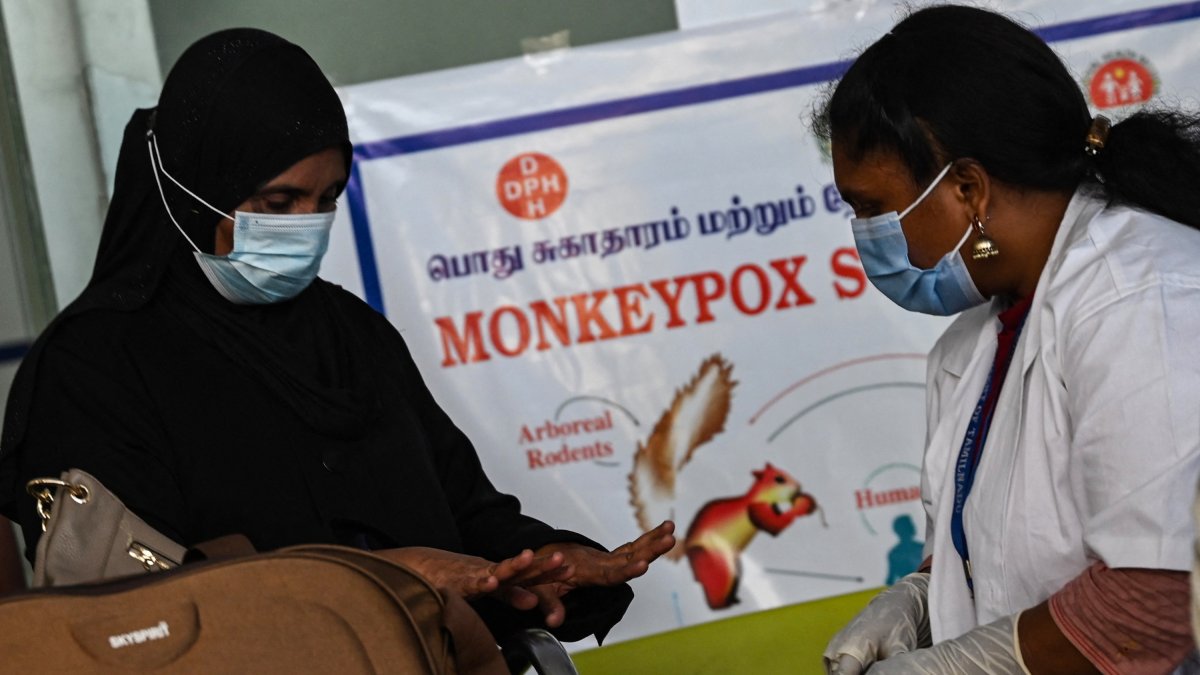WHO declares international emergency over monkeypox outbreak in Africa
The African Union already declared the same level of alert a day earlier. The outbreak originated in the Democratic Republic of the Congo.

Health workers in India
The World Health Organization (WHO) on Wednesday declared monkeypox (mpox) an international public health emergency, its highest level of alert.
"Today the emergency committee met and informed me that, in their opinion, the situation constitutes a public health emergency of international concern. I accepted that recommendation," said the U.N. health agency's director-general, Tedros Adhanom Ghebreyesus. "It's a situation that should concern us all," he added during a press conference.
The WHO chief is the only one who can decree an emergency of this kind, on the advice of a committee of experts.
The 15 members of this committee considered that the criteria for declaring an international public health emergency were met, explained the group's chairman, Dimie Ogoina.
The U.N. body had already taken a similar decision in 2022, when there was a global outbreak of monkeypox caused by a strain known as clade IIb.
But the current epidemic, originating in Democratic Republic of Congo (DRC) and limited for the time being to Africa, has its own characteristics.
The virus, more contagious and dangerous, is caused by clade I and an even more dangerous variant, clade Ib. Its mortality rate is estimated at 3.6%.
The African Union health agency on Tuesday declared a "public health emergency," its highest level of alert, in response to the growing mpox epidemic on the continent.
A total of 38,465 cases were recorded in 16 African countries since January 2022, with 1,456 deaths.
In addition, there was a 160% increase in cases in 2024 over the previous year, according to data released last week by Africa CDC.
"We are facing several epidemics with different clades in different countries, with different modes of transmission and different levels of risk," Tedros warned.
Monkeypox
The Ib clade causes skin rashes all over the body, whereas earlier strains were characterized by localized rashes and lesions in the mouth, face or genitals.
Mpox was first discovered in humans in 1970 in present-day DRC (formerly Zaire), with the spread of a clade I subtype and was regularly transmitted by contact with animals.
























